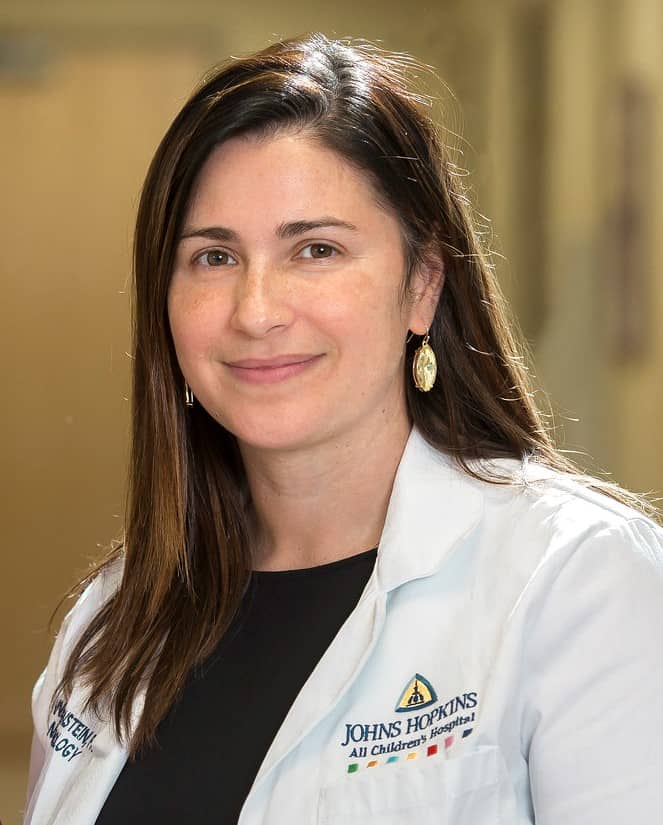Helping Your Teen Cope with Stress and Anxiety
Anxiety disorders are the most common mental health disorder in the U.S. Anywhere from 1 in 10 to 1 in 13 people suffer from anxiety, with about 8-percent of children and teenagers affected. Below is helpful advice for parents navigating stress and anxiety with their teens.
What times are likely to result in anxiety and stress for teens?
The teenage years are ripe with new experiences, opportunities and challenges. Teen brains are also changing as they seek independence. Other stressors include worrying about starting secondary school, looking a particular way, fitting in with friends, final examinations/schoolwork, performing in plays/sports or going to school formals. Now more than ever, teenagers have even more worries with political affairs, the pandemic and social media.
Is anxiety always problematic?
Feeling anxious is part of the normal range of emotions, and for most teenagers, it doesn’t last and goes away on its own. Anxiety isn't always a bad thing, as it can help keep teenagers safe by helping them assess a situation they’re in or assisting in public speaking or sporting events. For some teens, though, it is so intense that it stops them from doing everyday things.
What is the difference between anxiety and stress?
Most normal anxiety and stress goes away within a day or a few hours, but becomes a concern when anxious feelings are very intense, go on for weeks, months or even longer, and/or get in the way of their ability to learn, engage in home/school/work environments and enjoy daily life.
What are the signs/symptoms of anxiety in teens?
- Worries
- Irritability/nervousness
- Restlessness
- Feeling wound-up or on edge
- Being easily fatigued
- Difficulty concentrating
- Mind going blank
- Sleep problems
- Muscle tension
- Headaches
- Stomach aches
- Pain
What about test anxiety?
This is a type of performance anxiety, which is a feeling someone might have in a situation where there is a lot of pressure to do well such as on big examinations and tests, especially finals, like the SATs and ACTs. The best advice is to focus on strong study strategies without distraction, envisioning success, getting good sleep and teaching good coping strategies — such as calm breathing and self-calming via progressive muscle relaxation.
As a parent, what can I do to help?
- Acknowledge your teen’s fears and emotions, and them seriously–being ready to listen. Avoid meeting them with too many questions, but instead let them talk and sit in silence while listening.
- Remind them that other kids are anxious too. Try to avoid labeling our teens with negative labels such as “shy” or “anxious”.
- Provide positive reinforcement for tasks and social activities they are worried about.
- Give your child love and empathy.
- Talk to your child every day without distractions.
- Encourage healthy diet, physical activities and good sleep habits.
- Strong parent-teenager relationships are good for young people’s mental health.
- If you need to seek more help, reach out to your pediatrician or trusted psychologist/counselor for additional support.
Visit Johns Hopkins All Children's Center for Behavioral Health for more information about mental health in kids and teens.
 About the Author: Jennifer Katzenstein, Ph.D., ABPP-CN Co-director for the Center for Behavioral Health at Johns Hopkins All Children’s Hospital
About the Author: Jennifer Katzenstein, Ph.D., ABPP-CN Co-director for the Center for Behavioral Health at Johns Hopkins All Children’s Hospital
Dr. Katzenstein is the director of psychology and neuropsychology at Johns Hopkins All Children’s Hospital. Previously, Dr. Katzenstein was a private practitioner and Assistant Professor of Neurology at Indiana University School of Medicine/Riley Hospital for Children in Indianapolis where she provided neuropsychological evaluations, consultations and academic coaching for children and adolescents. After graduating from Indiana University Purdue University Indianapolis, she completed a pediatric internship and fellowship at Texas Children's Hospital/Baylor College of Medicine. Dr. Katzenstein is board certified in pediatric neuropsychology and clinical neuropsychology
*This post is presented by Johns Hopkins All Children's Hospital.

